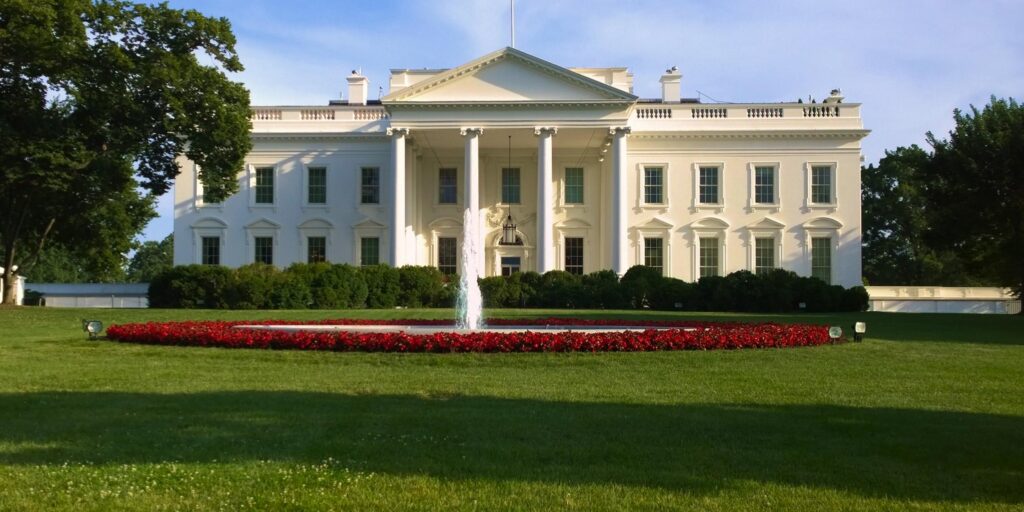In a surprising turn of events, the White House has sent a clear message that it is poised to intervene in Nippon Steel’s bid to acquire US Steel. This decision, if finalized, could have far-reaching implications for both companies and may mark a significant shift in the US-Japan trade relationship.
Challenges Ahead for Nippon Steel’s Acquisition of US Steel
The White House has made it clear that it intends to block Nippon Steel’s acquisition of US Steel, citing concerns about national security and the impact on American jobs. This move poses significant challenges for Nippon Steel as it navigates the complicated regulatory process of a cross-border acquisition.
Some of the key obstacles Nippon Steel will face include:
- Regulatory hurdles: The acquisition will likely face intense scrutiny from the Committee on Foreign Investment in the United States (CFIUS), which could potentially derail the deal.
- Political backlash: The proposed acquisition has already sparked criticism from American lawmakers and industry groups, making it difficult for Nippon Steel to gain the necessary approvals.
Implications of White House’s Opposition
Despite initial excitement over Nippon Steel’s plans to acquire US Steel, the White House’s recent opposition has sent shockwaves through the business world. The implications of this stance are far-reaching and could potentially impact not just these two companies, but the entire steel industry.
The White House’s opposition could signal a shift in US trade policy, potentially leading to stricter regulations on foreign acquisitions of American businesses. This move may also impact future investments from other foreign companies, leading to uncertainty in the market. Businesses will need to closely monitor developments and adjust their strategies accordingly to navigate these new challenges.
Potential Impact on US-Japan Relations
The White House has given strong indications that it will intervene to block Nippon Steel’s plans to acquire US Steel, citing potential national security concerns. This development could have significant implications for US-Japan relations, as it marks a shift towards a more protectionist stance on foreign investment in critical industries.
Should the acquisition be halted, it may strain diplomatic ties between the two countries and lead to retaliatory measures from Japan. Additionally, this move could set a precedent for future trade deals and investments between the US and Japan, impacting the overall economic partnership between the two nations. The decision is likely to be closely watched by other global players, as it could signal a broader shift in US trade policies.
Recommendations for Navigating Geopolitical Risks
During a recent White House press briefing, it was hinted that the government is considering blocking Nippon Steel’s acquisition of US Steel. This move comes amidst rising concerns about national security and the potential risks associated with foreign ownership of strategic industries. In light of these developments, businesses navigating geopolitical risks should consider the following recommendations:
- Conduct thorough risk assessments: Evaluate the potential impact of geopolitical factors on your business operations and partnerships.
- Diversify your supply chain: Reduce dependence on single sources by exploring alternative suppliers from different regions.
- Stay informed: Monitor geopolitical developments regularly and adapt your strategies accordingly.
Future Outlook
As the White House sends a clear message about halting Nippon Steel’s acquisition of US Steel, the future of this deal remains uncertain. With potential ramifications for both companies and the global steel industry, all eyes are on the ongoing developments. Stay tuned for updates as this story continues to unfold. Thank you for reading our coverage on this pressing issue.


